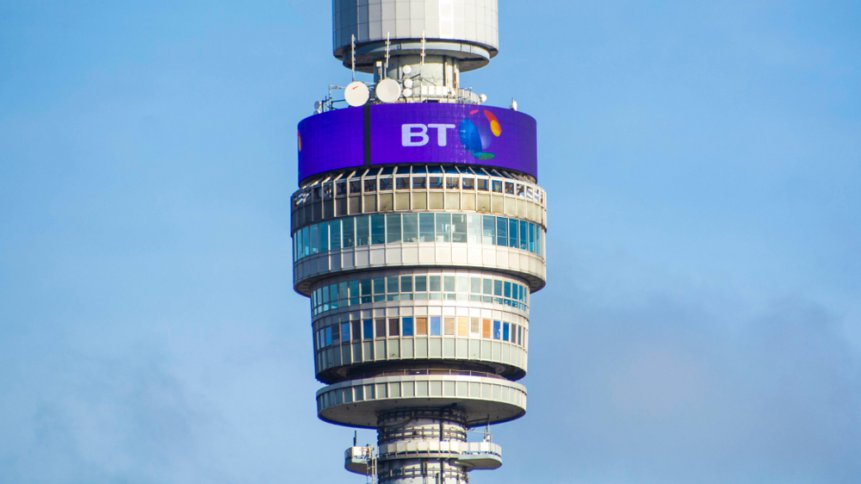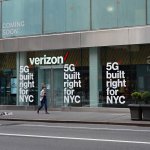BT supercharges 5G rollout through partnership with Ericsson

- BT kick-started its 5G rollout last year
- The new partnership will elevate the UK’s 5G infrastructure
- The tie-up follows the UK’s decision to allow world 5G leader Huawei a limited role
UK telco leader BT has selected Ericsson as its chosen supplier for its dual-mode mobile packet core network for 4G and 5G services.
Ericsson called the decision “another milestone” in the two groups’ long-standing partnership and a key step in BT’s “ambition to become a global leader in cloud-native technology, harnessing the full power of Ericsson’s leading 5G technology to meet the growing demands of consumers and enterprise customers.”
The Swedish telecoms giant is capable of providing “a fully container-based, cloud-native Mobile Packet Core for 4G, 5G Non-standalone and 5G Standalone services as a single fully integrated core.”
This development will be part of BT’s move to a single converged IP network and the deployment of network orchestration and automation, such as continuous integration and continuous delivery process (CI/CD). A report by ABI Research highlighted the importance for Mobile Service Providers (MSPs) to adopt cloud-native platforms to warrant operational efficiencies and gain access to new avenues.
The market for cloudified 4G and 5G network components is predicted to hit US$20 billion by 2024, as MSPs follow suit to enhance connectivity and services.
BT is also well-positioned to unlock new commercial opportunities with the integration of Ericsson’s 5G Core. New services, including “enhanced mobile broadband, network slicing, mobile edge computing, mission-critical vertical industry support, and advanced enterprise services” are underway, as stated in a press release.
“We are looking forward to working together as we build out our converged 4G and 5G core network across the UK,” said CTIO of BT, Howard Watson.
“An agile, cloud-native core infrastructure is at the heart of our ambition to enable the next generation of exciting 5G services for our customers and give the UK the world-class digital infrastructure it needs to win in the future global economy.”
Dynamic Asia on the rise
While Asia now leads in 5G readiness owed to market dominance by China’s Huawei, discussions leading to restrictions of Huawei’s role in the UK’s 5G roadmap led BT to remove its mobile network of the firm’s equipment in December 2018.
Earlier this year, however, the UK government allowed Huawei a limited role, enabling its kit to account for up to 35 percent of the country’s 5G infrastructure, dependent on it being completely restricted from sensitive areas such as military bases and nuclear sites.
Even though Huawei bears a limited role in the development of 5G infrastructure in the UK and varying levels of adoption in Europe, the Chinese company remains a titan in 5G hardware worldwide, holding with 3,147 documented patents, followed by Samsung with 2,795.
In Europe, Nokia filed a total of 2,149 patents, and Ericsson holds 1,494.










